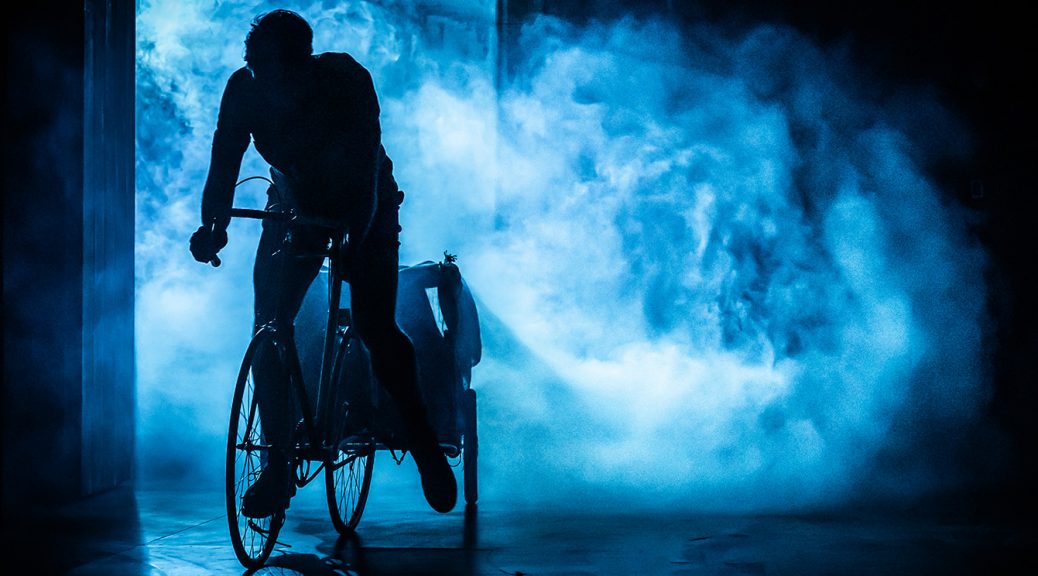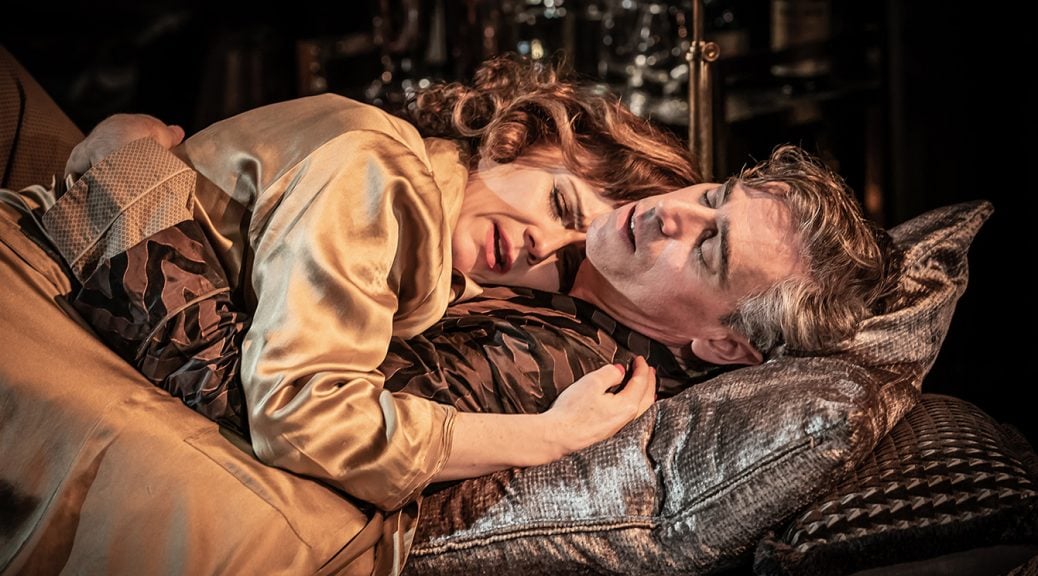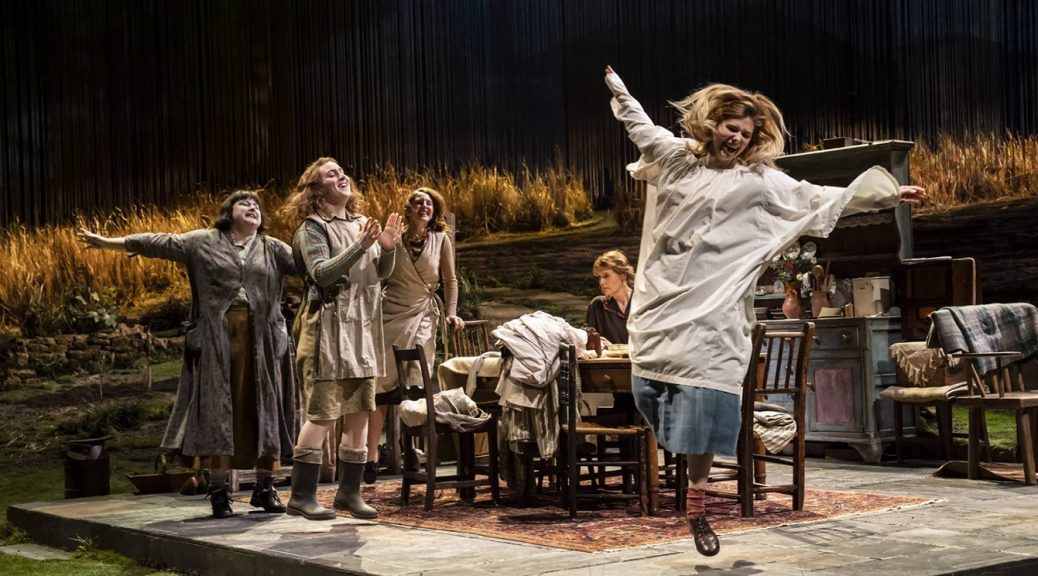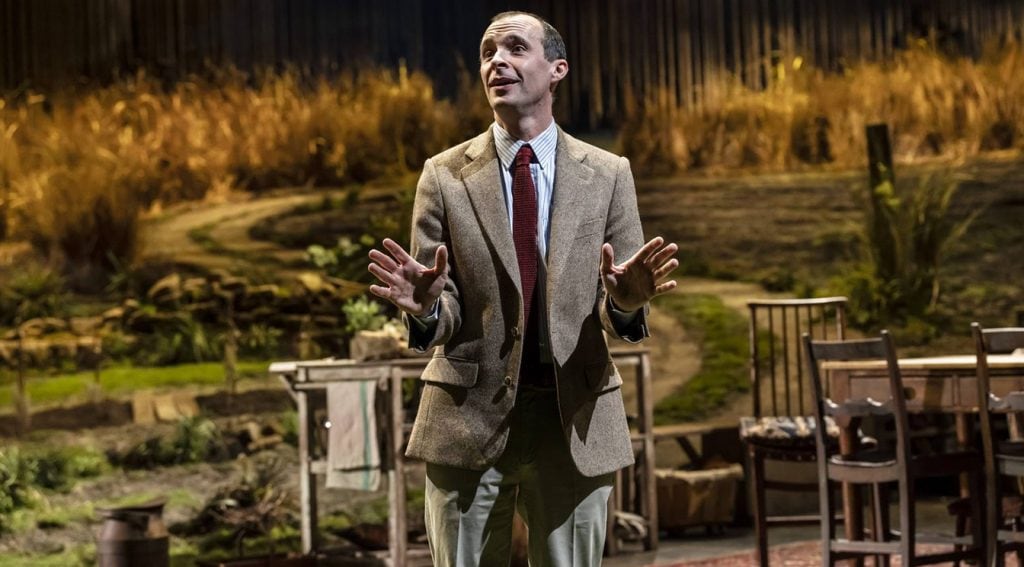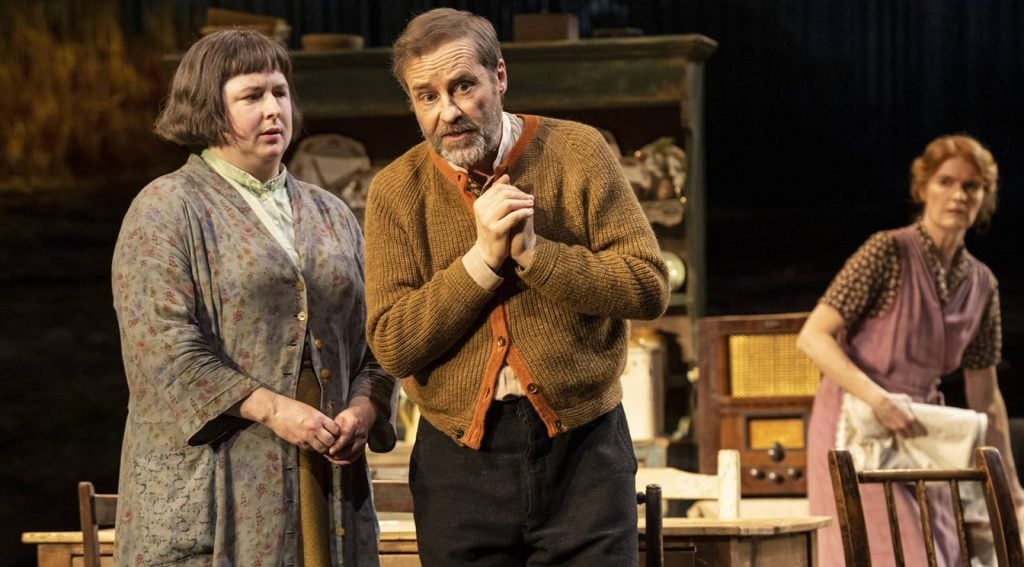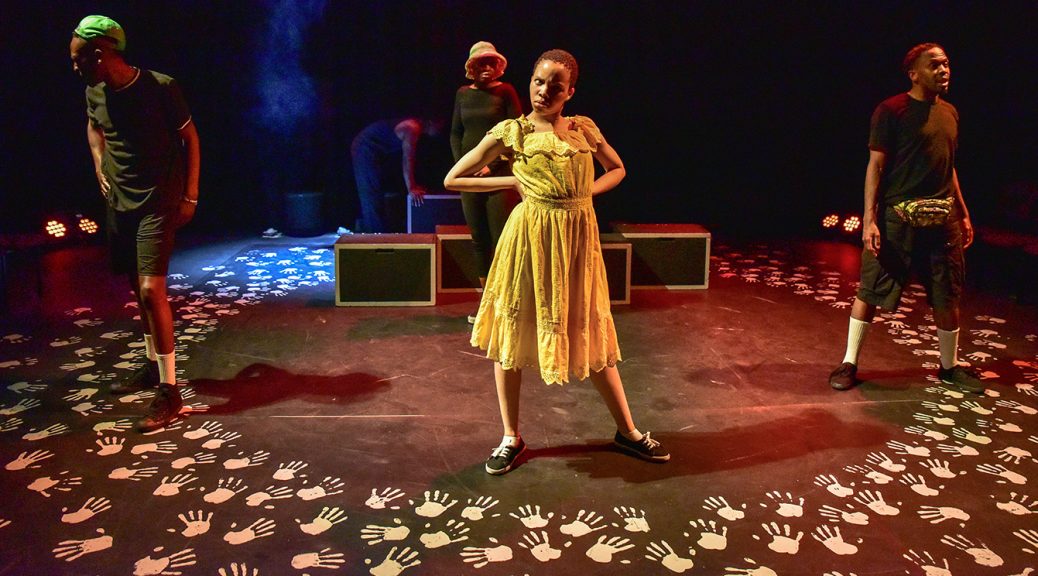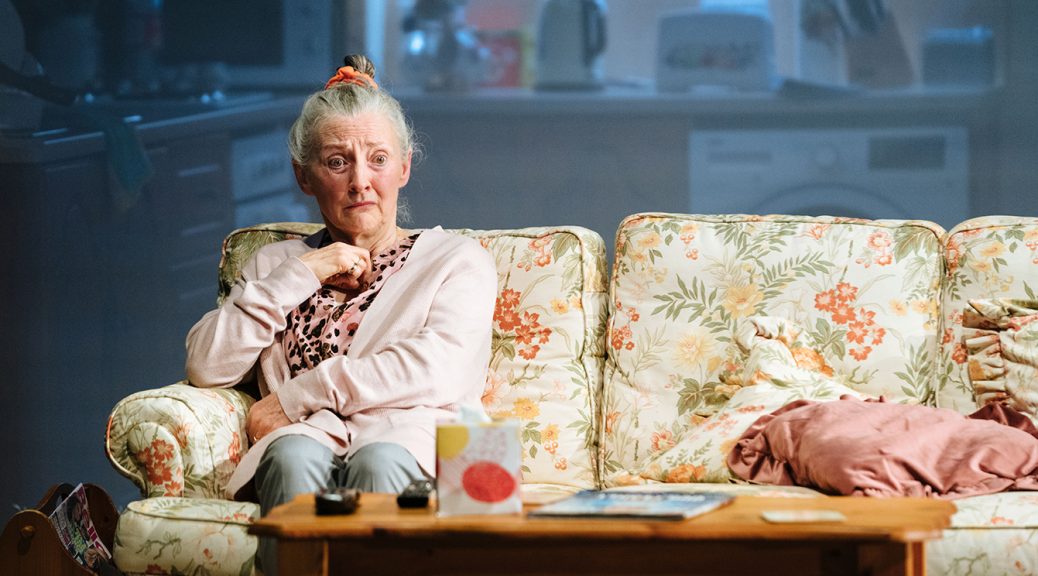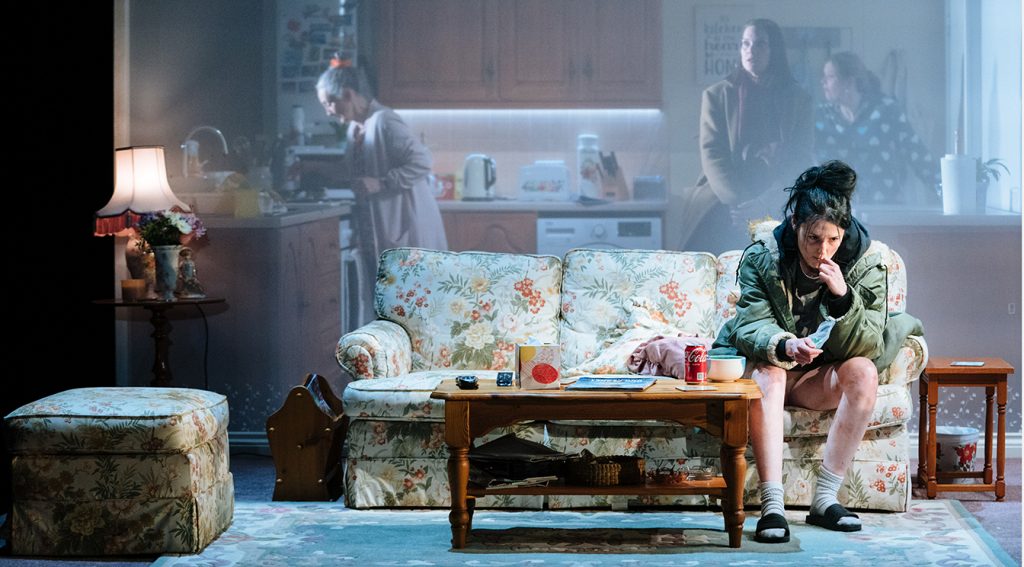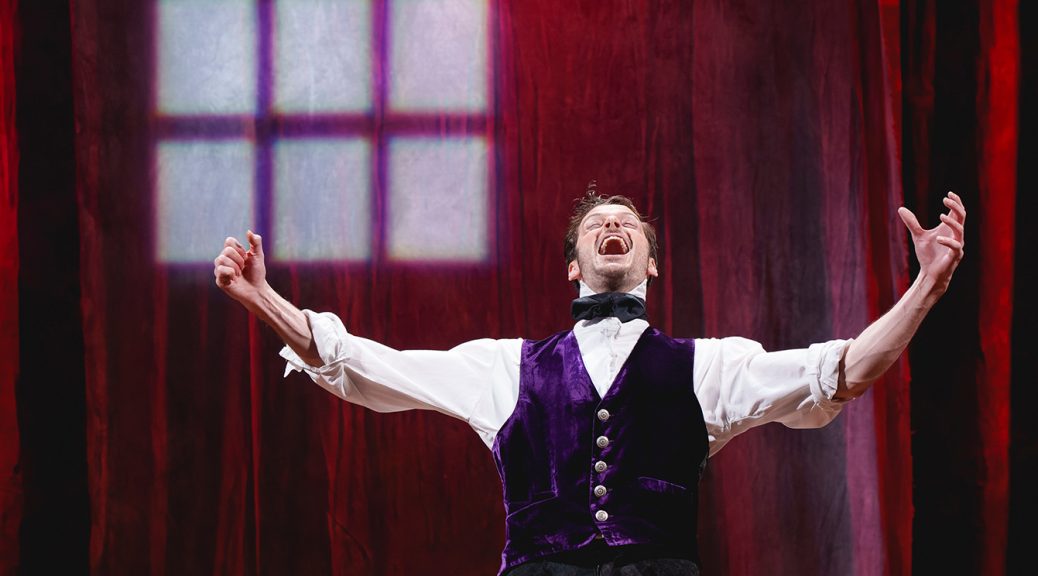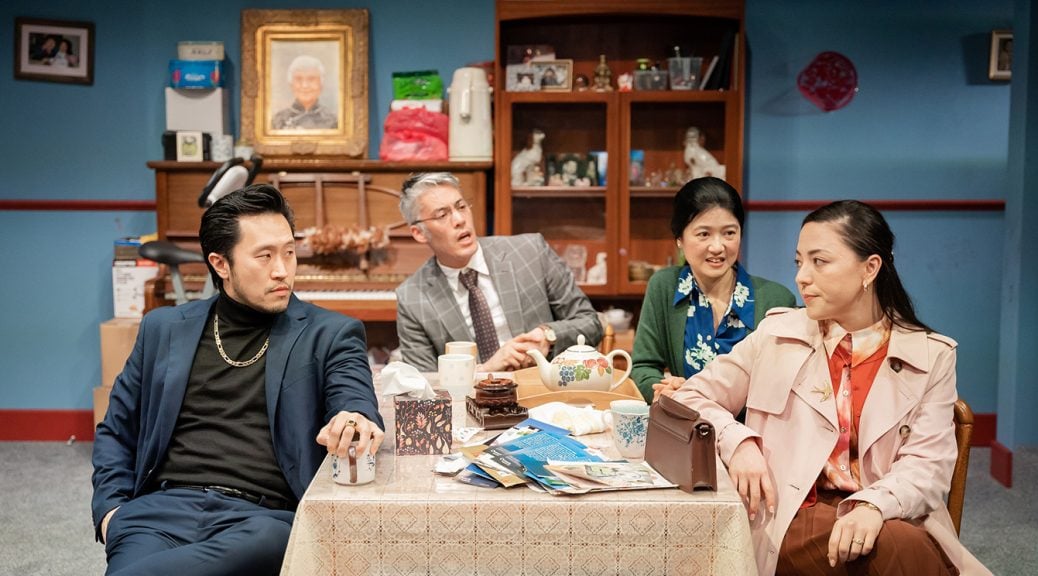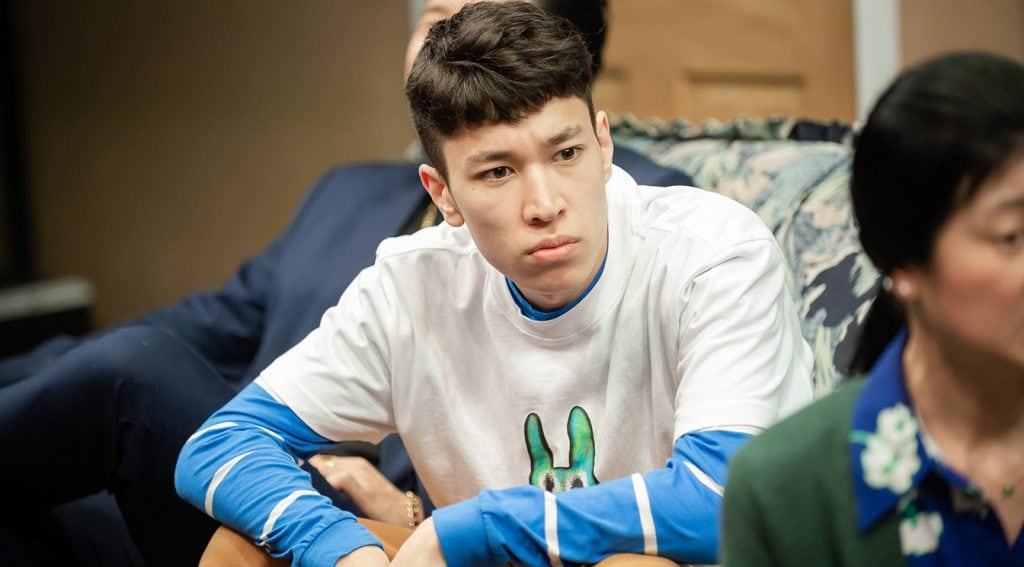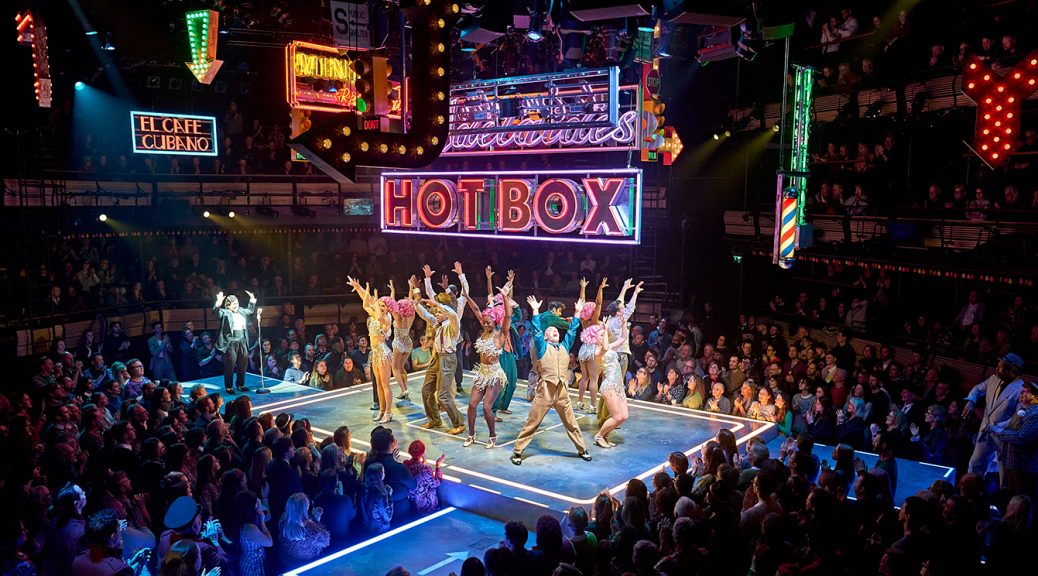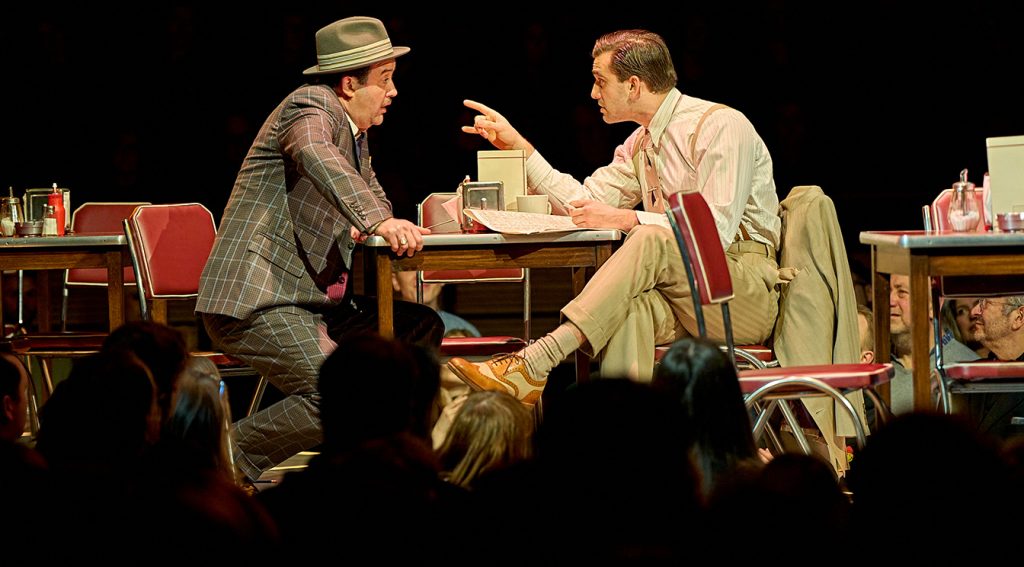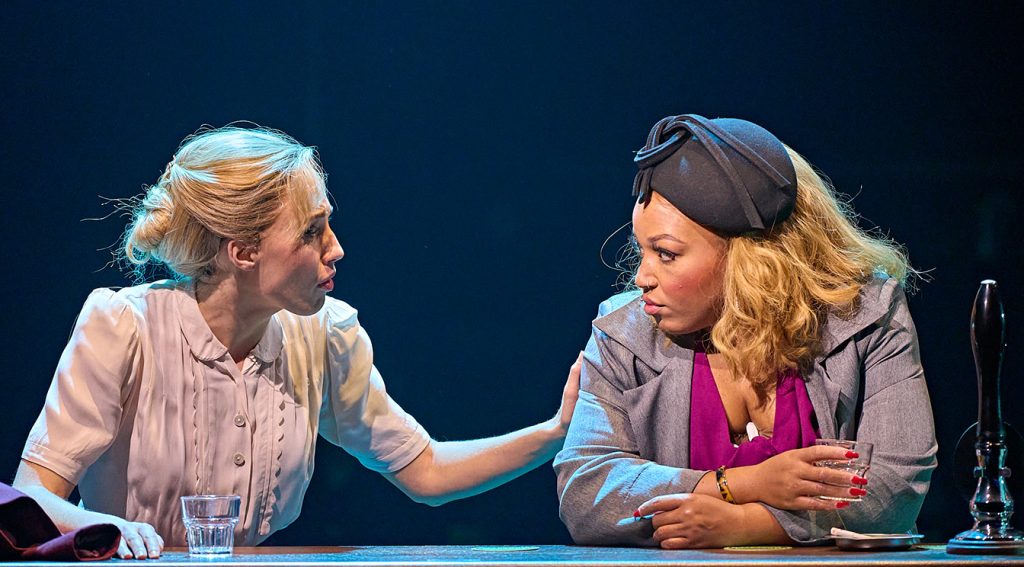An inspirational theme and important story do not automatically make a great musical. Yes, the real-life tale of champion cyclist Gino Bartali, who helped smuggle children out of Italy during World War II, is great. But it is handled so bluntly by father and daughter team Todd and Victoria Buchholz that this show does not impress.
The book manages to be at once too speedy and plodding. Our hero Bartali loses his brother in an accident and wins the Tour de France without breaking a sweat. The show is overwhelmingly, oppressively, earnest – and declamatory (its single attempt at humour is dire). And some of the acting matches… there’s a lot of pointing.
Victoria Buchholz has written a score that isn’t memorable enough and suffers from too many militaristic themes. The lyrics are better, but the idea of adding the odd Italian word is overused.
The production, understandably, struggles. Director Kelly Devine could be more imaginative with the staging. Some of the voices could be stronger. And too many of the accents need pinning down (there are touches of Rada and Russia with these Italians). That the cast is committed and gives the show a good go is faint praise, but sadly the best that can be mustered.
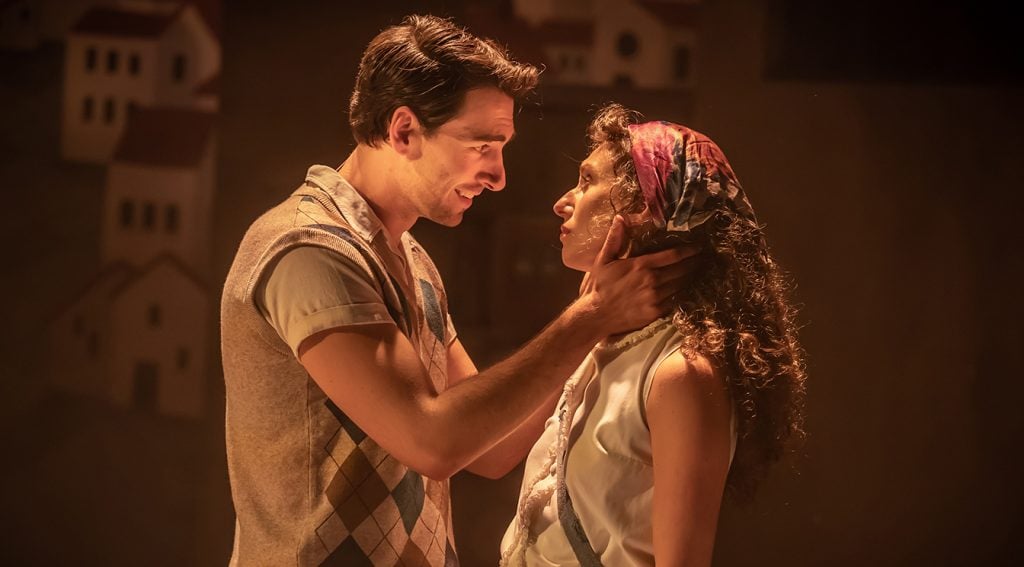
Although they don’t manage to save the night, there are strong leads, including Josh St. Clair, who gives a passionate performance as Bartali and has a strong voice. But although we spend a lot of time with our hero, the character is flat. The story gives Bartali guilt as a motivation and St. Clair goes with this, but he would clearly be better if he had more to work with. Frustratingly, the fact that Bartoli’s celebrity played a part in his heroics (it gives him relative freedom in lockdown Florence) is mentioned but not used. A musical could be great for exploring this (Andrew Lloyd Webber would love it), but the chance is ignored, and Glory Ride just goes for Bartali’s humility, which ends up making him bland.
As for the love interest, Adriana is a woman defined by the men in her life (naughty). Amy Di Bartolomeo, who takes the role, has the best number and gives the character charisma, but the whole role is another missed opportunity.
Maybe the big problem is a lack of peril? Or the fact that everyone is so sure of their convictions? There’s a lot of talk of souls in the show. The role of Florence’s Cardinal turns into a puzzling mix of both problems – failing to convince that he is under threat while hectoring everyone about what they should do.
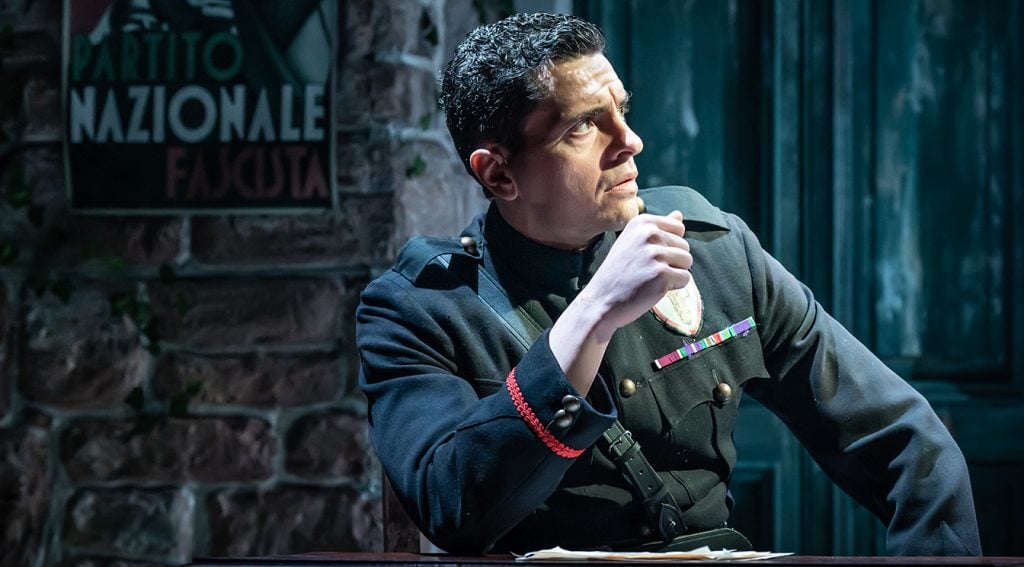
Gino’s Blackshirt friend Mario (who mentions he is a church orphan far too many times) offers some hope to improve the show. There’s real angst about this “man in the middle” trying to help his friends and do the best for his city, and Fed Zanni is a highlight in the role. It’s a shame Mario is just a sidekick. Determined to make a show about a saint, Glory Ride ends up sinfully uninspiring.
Until 29 July 2023
Photos by Marc Brenner

